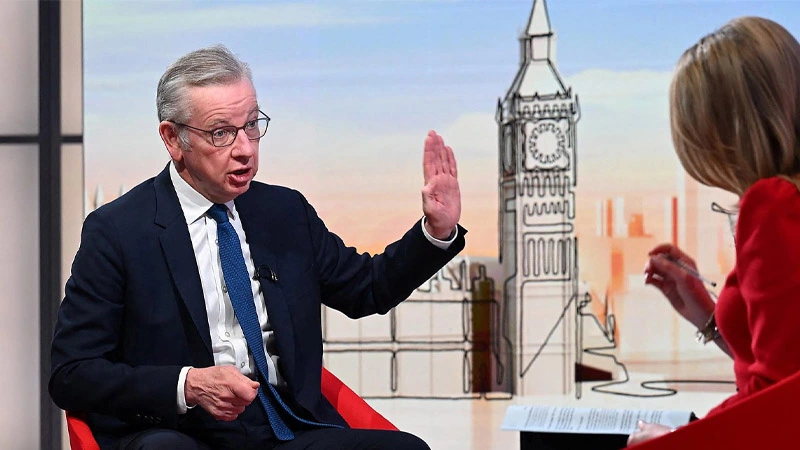
Housing secretary Michael Gove has told theBBC that he will outlaw Section 21 ‘no fault’ evictions before the GeneralElection, which has to take place before the end of January next year.
The announcement by Gove in answer to a question during the BBC Laura Kuenssberg show over the and is a big U-turn by the Government.
Although banning Sections 21 evictions is part of the Renters (Reform) Bill, Govehad previously said it would only become law once the courts system, which waslast week portrayed as ‘in crisis’, improved.
Gove, answering a question on whether no fault evictions would be outlawed bythe General Election, told Kuenssberg that “we will have outlawed it andwe will have put the money into the courts in order to ensure that they canenforce that”.
Abuse
But he said it was important to deal with the “abuse” of no-faultevictions.
“It is the case thatthere are a small minority of unscrupulous landlords who use the threat ofeviction either to jack up rents or to silence people who are complaining aboutthe quality of their homes,” he said.
Gove’s change of mindfollows heavy criticism from Shelter and a coalition of other housing charitieslast week over delays to the Renters (Reform) Bill’s progress through parliament,claiming Gove had ‘deprioritised it’.
Although the courts system remains extremely slow for landlords seeking toevict problem tenants with many claiming it takes over a year to evict,official figures show wait times are decreasing.
The latest ONS quarterly figures reveal that the medianaverage time from claim to landlord repossession decreased to 21.7 weeks, down from 42.3 weeks in the same period during2021.
Expert reaction
 Samuel Lear, Associate, Charles Russell Speechlys: “The anticipated changes under the Renters (Reform) Bill are wide-ranging and will require significant re-adjustments to existing processes.
Samuel Lear, Associate, Charles Russell Speechlys: “The anticipated changes under the Renters (Reform) Bill are wide-ranging and will require significant re-adjustments to existing processes.
“But the test of the success of the Bill, once implemented, will be whether it sufficiently strikes a fair balance between landlords and tenants.
“With landlords already subject to significant statutory obligations, an unintended consequence of not striking that fair balance is that landlords could decide to leave the market altogether, causing further supply issues and potentially adversely affecting tenants.”
Original Post from landlordzone.co.uk



